
By Ebenezer Chike Adjei NJOKU & Emmanuel AKOMEA
A well-coordinated financial sector and a comprehensive national development plan backed by strong political leadership are indispensable elements if the nation is to redefine its economic model, key industry leaders have stressed.
Speaking as part of a high-level panel at the 13th Ghana Economic Forum (GEF) organised by the B&FT, under theme ‘Re-engineering Ghana’s Economic Model for Sustainable Development: A Robust Financial Sector, Political Leadership & National Development Plan is Key’, they insisted there must be a well-defined picture of the collective future aspired to by all Ghanaians.
“A development plan should do a couple of things. First and foremost, locate where we are now, ask additional questions and then cast a vision for the future,” a former Commissioner at the National Planning Development Commission (NDPC) Dr. Eben Armah said.
He noted the previous 40-year development plan, launched in 2017, was not effectively implemented due to a lack of political commitment and stakeholder alignment.
Dr. Armah stressed the importance of broad-based engagement to ensure the new plan – Vision 2057, which he said would span 25 years, eight election cycles and coincide with Ghana’s 100th year of independence – has full ownership and continuity regardless of changes in political leadership.
“Once we’re set in stone that there is agreement, it becomes a plan. Nobody can change it,” he said, underscoring the need for all stakeholders within the political economy and the Executive to be on board with the development strategy.
Addressing the financial sector’s role, Chief Executive Officer (CEO) Ghana Stock Exchange (GSE) Abena Amoah highlighted the capital markets as a crucial tool for national economic transformation.
“The capital markets are such an important tool for national economic development and transformation… Foreign capital is good but we need to have a framework that better mobilises domestic capital,” she said.
Ms. Amoah elaborated on the need to mobilise domestic savings, saying they would be channelled into investments, infrastructure and business development.
She also underscored the importance of policy support and a conducive macroeconomic environment for growth of the capital markets.
Sharing Ghana Statistical Service data – which showed that the country’s real Gross Domestic Product (GDP) at 2013 constant prices grew from GH¢29.81billion in 2013 to GH¢50.64billion in 2023, a modest 10-year increase of around 70 percent – she noted that the capital market is a reflection of the broader economy.
“High interest rates and a depreciating currency affects all of us. We cannot live sustainably,” the GSE MD added, highlighting the need for policymakers to address macroeconomic challenges impacting the financial sector and broader economy.
The GSE’s market capitalisation has reached record highs over the past 14 months and currently sits at around GH¢92billion, yet market observers have decried the impact of inflation and currency depreciation on the stock market’s real growth.
A concern raised by a financial advisory consultant, Richmond K. Frimpong, was a seeming lack of coordination among the regulators’ various components of the financial sector – including banking, insurance, pensions and asset management.
He argued that a more integrated approach, potentially through the creation of a “national financial services authority”, could help channel domestic savings more effectively into productive investments.
“Instead of just having a regulator that looks at one arm depending on their own strength and leadership, we need to have a superstructure that’s able to look at where domestic savings is sitting in that ecosystem and channel policy – then bring it to the centre in driving financial literacy,” said a financial sector expert.
The Financial Stability Council was established in 2018 in the wake of the sector clean-up to “identify and evaluate the threats, vulnerabilities and risks to the financial sector’s stability”, but has come under criticism for other developments in the financial sector since its establishment.
The council is chaired by the Bank of Ghana Governor and its members are a Deputy Governor of the Bank of Ghana; a Deputy Minister of the Ministry of Finance; and the Director-General of the Securities and Exchange Commission (SEC).
Others are the National Insurance Commission (NIC) Commissioner, the Chief Executive Officer-National Pensions Regulatory Authority (NPRA) as well as the CEO-Ghana Deposit Protection Corporation (GDPC).
Mr. Frimpong also highlighted a need to address the financial literacy gap among Ghanaians, with the panelist estimating that only about 20 percent of the population has a clear understanding of different available financial products and services.
“Until now, they have seen the backdrop of challenges we’ve had during the last few months and years in our financial health system, where the work that’s gone on over the years bringing people to appreciate why financial independence and cooperation is critical – and why it is required for somebody to put some funds somewhere for a rainy day,” he said.
On his part, Kwame Jantuah – Chairman-Oil and Gas sector, Association of Ghana Industries (AGI) – stressed the critical role of political leadership in driving the economic transformation agenda and ensuring continuity for the national development plan across election cycles.
He stated that economic challenges currently facing the country, while significant, are not insurmountable. Mr. Jantuah advocated for a more strategic and concentrated approach to national development. He underscored the necessity for a collective consensus on prioritising the nation’s most pressing issues, urging that all stakeholders come together to identify and tackle these priorities in a systematic and collaborative manner.
“Our economic problems, though formidable, are not beyond our ability to resolve. It is imperative that we adopt a focused approach to our development, whereby we reach a consensus on what truly matters most. Once we agree on these priorities, every stakeholder must commit to addressing them with unwavering dedication and unity of purpose,” he said.
The Dean-PSA Law School, Professor Ernest Kofi Abotsi, doubled down on calls for the adoption of a “long-term, bipartisan economic plan based on the constitution”.
He argued that this approach will help address the country’s persistent economic challenges by preventing short-term, politically motivated policies which are often discarded with changes in government. Prof. Abotsi believes a shared economic blueprint will ensure policy consistency and stability without sacrificing social protection.
“A sustainable economic future requires a delicate balance between growth and equity. By fostering a bipartisan economic blueprint, we can create a nation where prosperity is shared and social safety nets are strengthened,” he noted.
The post GEF24: Unified vision paramount for economic transformation – panellists appeared first on The Business & Financial Times.
Read Full Story
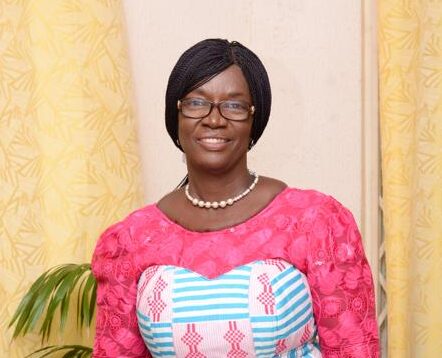
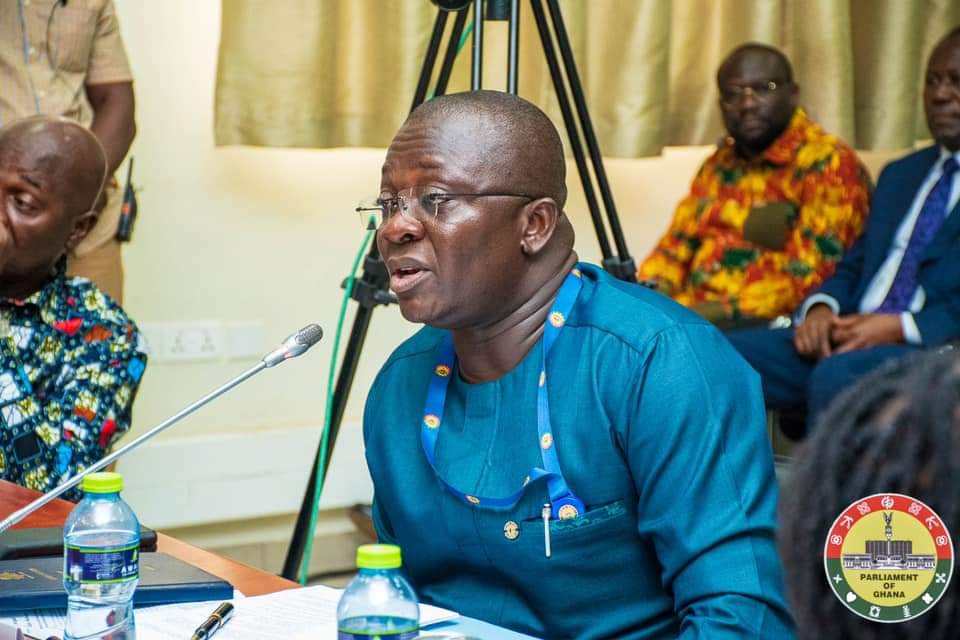
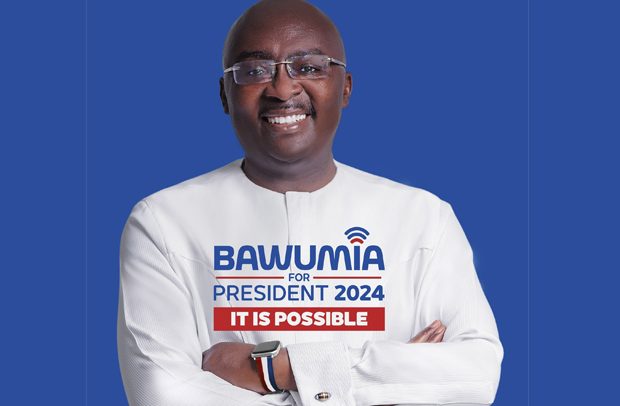
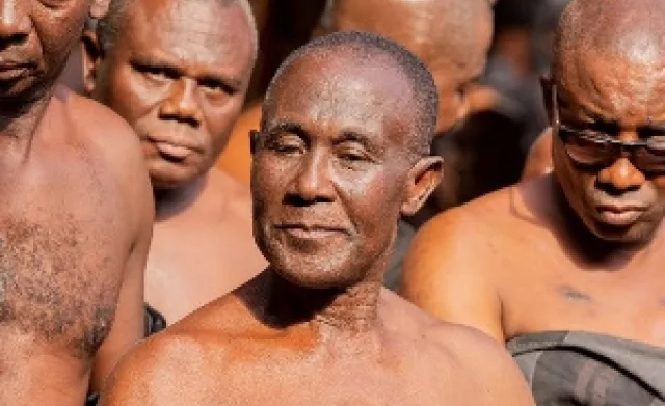
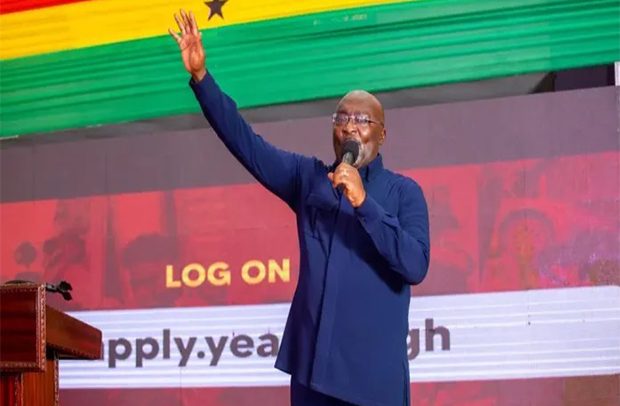




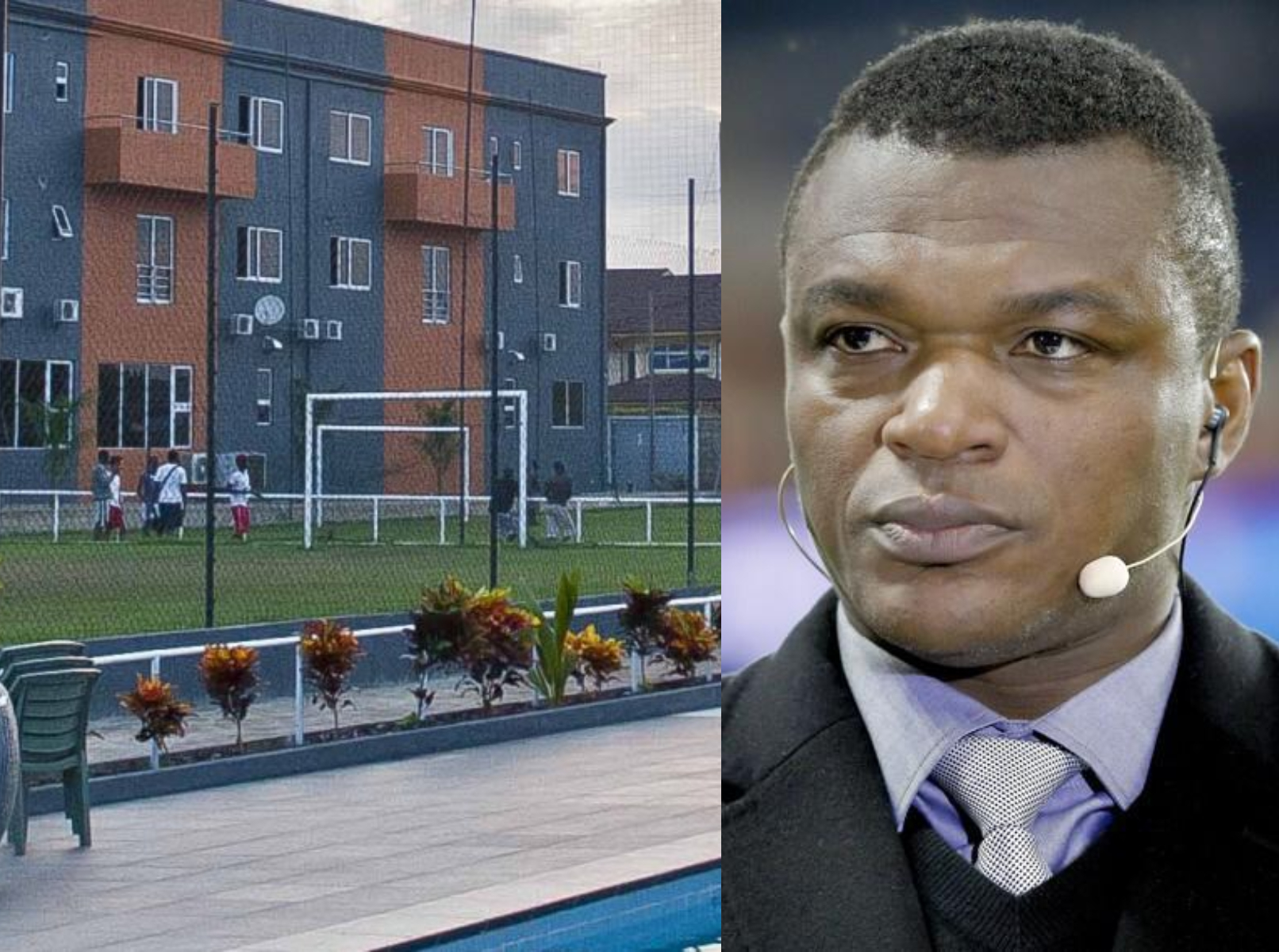





Facebook
Twitter
Pinterest
Instagram
Google+
YouTube
LinkedIn
RSS